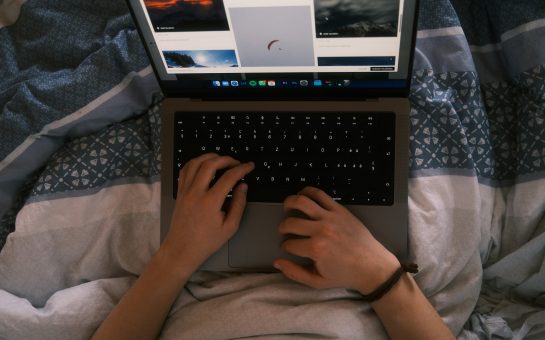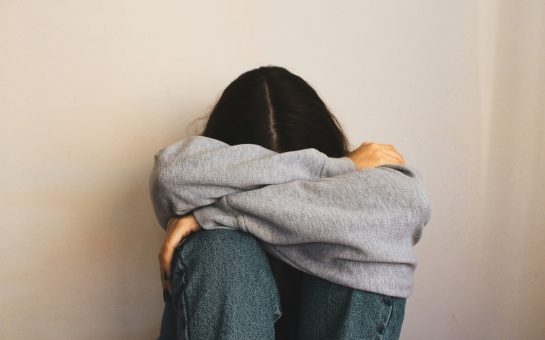Almost 40% of teenage girls who spend more than five hours a day on social media show symptoms of depression according to a new study which also shows they are twice as likely as boys to suffer.
University College London’s UK Millennium Cohort Study, based on interviews with almost 11,000 14-year-olds, exposed the rise in psychological disorders, insomnia, cyberbullying and harassment among children using social media.
Teaching assistant and mum of one, Rabia Khabeer, 36, from Streatham, stressed that she is firmly against children using social media suggesting that its use increases the chances of being bullied and abused.
She said: “In this day and age I’m very concerned for my girl’s safety. There are so many dangers on the internet – for example, paedos, bullying and persistent exposure to violence and sex.”
Paediatric nurse, Monette Emmanuella, 30, from Chelsea, stated that girls who often scroll on Instagram and Snapchat experience higher rates of self-harm, eating disorders and a negative self-image in comparison to boys.
She said: “When I’m working in the hospital, I see parents freely giving their children their phone to use while waiting and they just look so engrossed and carried away.
“I remember when I was a child, I explored my surroundings. These days, children are exploring their screens.
“I personally worry for future generations and their use of social media because I feel they are seeing things they can’t really understand at such a young age and it’s dangerous.”
Michael Burcham, 27, from Lambeth, indicated that there was a serious dichotomy between technology not being considered as an addiction and tech CEOs’ admittance that the apps are designed to ‘purposely exploit the dopaminergic systems in our brains’.
He said: “The problem is that children’s brains are not fully developed, so I believe through incessant gaming and social media apps which encourage bullying and stress self-image, it numbs them to the real world.
“Add social media to the mix and this changes people’s perceptions of others, encourages people to compare their lives with others and often leads to depression.
“Technology is used by young people as an escape from the hardships of life which, in turn, causes them to be withdrawn and become socially inept.
“When you purchase a harmful product like a box of cigarettes, it obviously comes with a warning as it affects your physical health. I think technology should be the same as it is psychologically harmful.”
Despite this, the British Medical Journal’s review encourages parents to be less concerned about the impact of screen time on their children, suggesting that appropriate usage can be beneficial in the long run.
Supporting this, Royal College of Paediatrics and Child Health’s officer for health promotion Dr Max Davie, explained screen time can be positive if parents manage and follow available ‘healthy screen time’ guidelines.
He added: “Depression has been around long before mobiles, laptops and tablets so you cannot say it is directly linked to technology.
“Young people with mental health problems use more screens and social media specifically.
“If a child is making good progress, a bit of screen time will not affect them.”
“Screen time is here to stay so we need to accept that.”
Fear about the impact social media and screen time are having on children has edged its way back into crucial debate leaving a numbing question around what to do next and who holds responsibility for the growing victims of social media.




